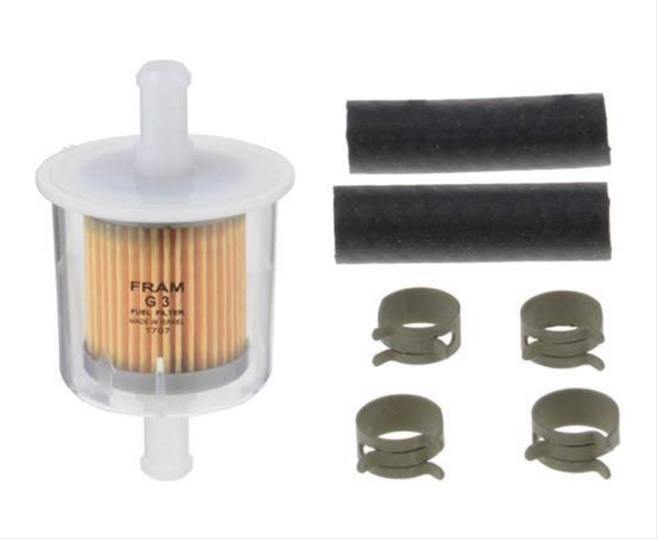ChasingOurTrunks
Well-known member
Hi folks
I know the majority of us never leave North America and as such fuel filtration may not be high on the priority list, but it’s a worthy discussion all the same. In remote areas fuel is often dispensed from questionable containers with a high risk of both particle contaminants and water contamination. Even in major cities, sometimes a service stations holding tanks are running low and you fill up with the silt and dregs from the tank bottom. Sometimes this is bad enough to stop an engine, other times it’s a cumulative effect over a long time.
What are people running for filters for gas engines? Brands and models? Have you done water and particulate filtration separately or all in one? Do gassers designed for modern ethanol blend fuels even need water separators? Do newer rigs struggle with the added resistance of a filter in the lines with modern day, high pressure injection systems?
I don’t have any experience with diesel filters on 4x4s, but chime in if you have experience with that too.
I know the majority of us never leave North America and as such fuel filtration may not be high on the priority list, but it’s a worthy discussion all the same. In remote areas fuel is often dispensed from questionable containers with a high risk of both particle contaminants and water contamination. Even in major cities, sometimes a service stations holding tanks are running low and you fill up with the silt and dregs from the tank bottom. Sometimes this is bad enough to stop an engine, other times it’s a cumulative effect over a long time.
What are people running for filters for gas engines? Brands and models? Have you done water and particulate filtration separately or all in one? Do gassers designed for modern ethanol blend fuels even need water separators? Do newer rigs struggle with the added resistance of a filter in the lines with modern day, high pressure injection systems?
I don’t have any experience with diesel filters on 4x4s, but chime in if you have experience with that too.


